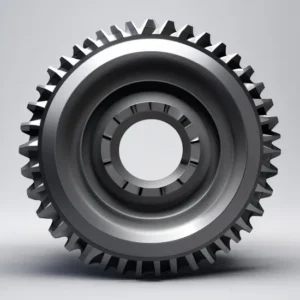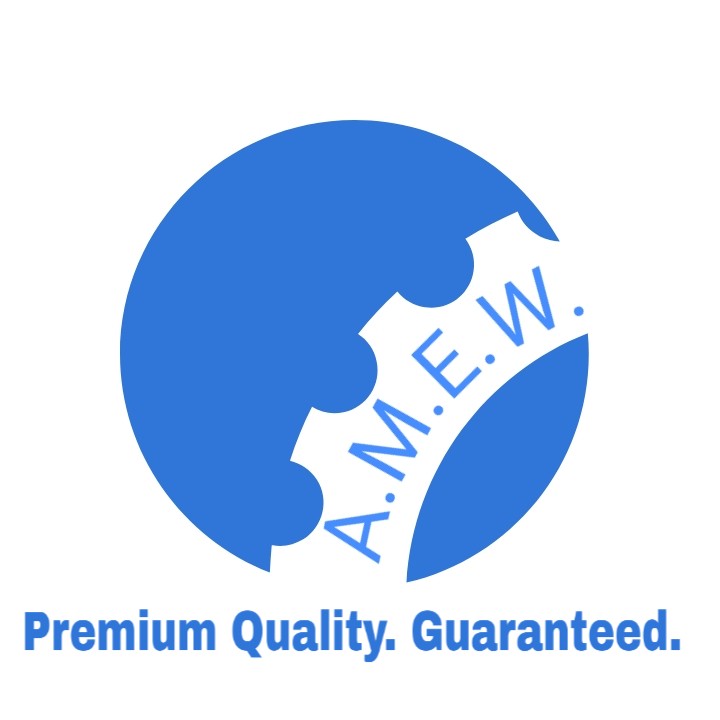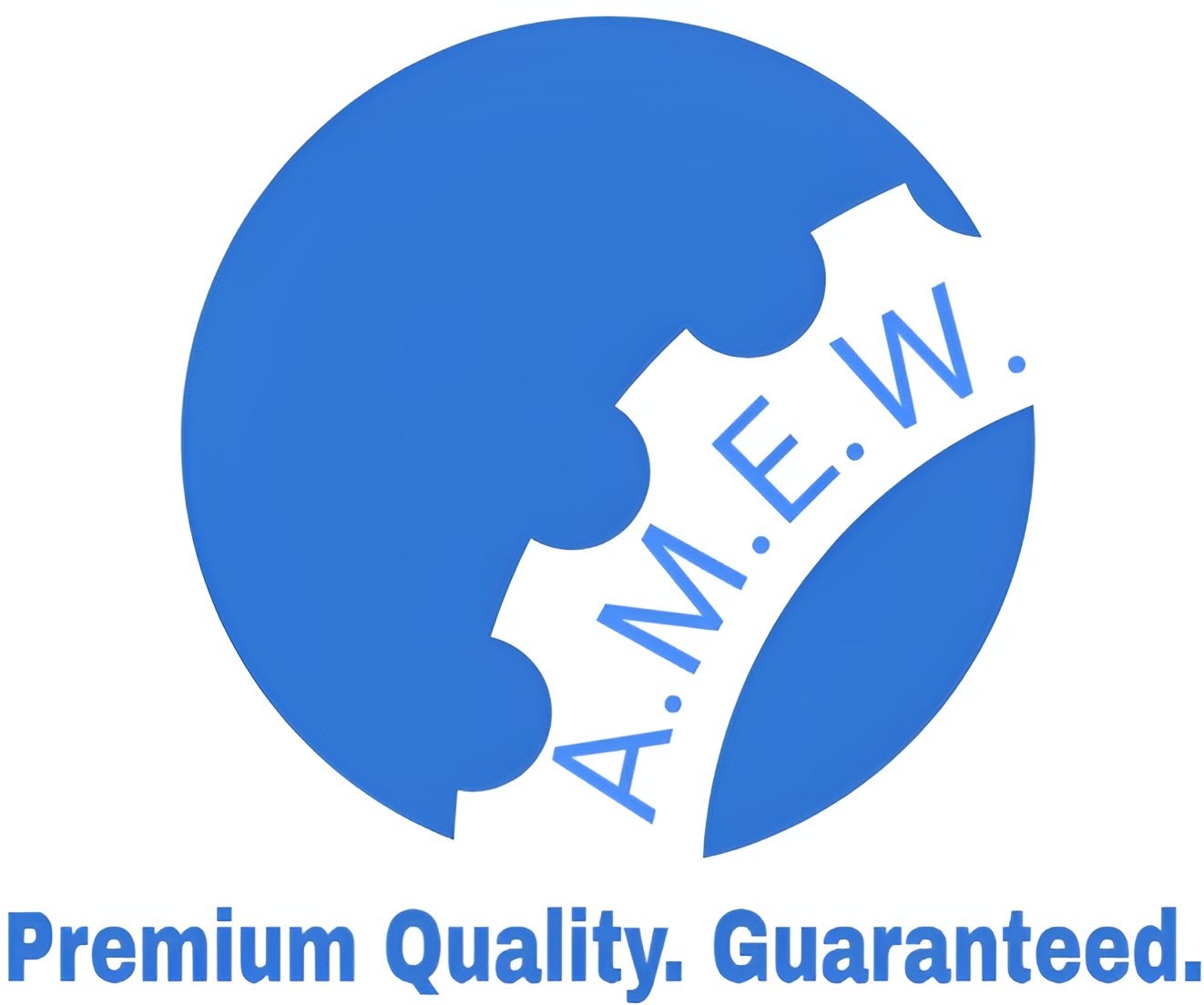Steel Materials Forge Manufacturer in Delhi, Ghaziabad
Overview of Materials Used in Forging at AM Engineering Work
At AM Engineering Work, we understand that the choice of material is critical to the performance and longevity of forged components. Our extensive selection of high-quality materials allows us to meet diverse industrial requirements and application specifications. From stainless steel to carbon and alloy steels, each material we forge is selected for its unique properties, ensuring that your custom components meet the highest standards of durability and functionality.
Types of Materials We Forge
We offer a broad range of materials suited for various forging applications. Below is a detailed table outlining the types of materials, their grades, and common applications.
Material Type Grades Applications
Stainless Steel 303, 304/304L, 316/316L, 17-4 PH Food processing, aerospace, chemical processing, oil & gas
Carbon Steel A36, 1018, 1045, 4140 Structural components, automotive parts, machinery components
Alloy Steel 4130, 4150, Nitralloy 135 High-stress applications, automotive and aerospace components
Precipitation Hardening Steel 15-5 PH, 17-4 PH, 13-8 VIM/VAR Aerospace, defense, and high-performance applications
Nitronic Stainless Steel Nitronic 50 Marine applications, high-strength components
Duplex Stainless Steel 2205, 2507 Oil & gas, petrochemical industries, and high-stress environments
Detailed Material Descriptions
1. Stainless Steel
Stainless steel is known for its excellent corrosion resistance, strength, and ease of cleaning, making it ideal for sanitary applications. Austenitic grades like 304 and 316 are commonly used in food processing and pharmaceutical industries, while martensitic grades like 17-4 PH are used in applications requiring high strength and hardness.
2. Carbon Steel
Carbon steel is versatile and offers excellent strength and ductility. It is commonly used in structural applications and manufacturing automotive parts. The A36 grade is widely used in construction, while 4140 is favored for its toughness in heavy machinery components.
3. Alloy Steel
Alloy steels contain additional elements that enhance their mechanical properties. For instance, 4130 and 4150 grades are commonly used in high-stress environments, such as aerospace and automotive applications, where strength and fatigue resistance are critical.
4. Precipitation Hardening Steel
This category includes materials like 15-5 PH and 17-4 PH, which achieve high strength through aging processes. They are used in aerospace and defense industries where performance and reliability are paramount.
5. Nitronic Stainless Steel
Nitronic 50 is known for its exceptional strength and corrosion resistance, making it ideal for marine applications and other environments where exposure to harsh conditions is expected.
6. Duplex Stainless Steel
Duplex grades like 2205 and 2507 combine the best properties of austenitic and ferritic stainless steels, offering high strength and excellent corrosion resistance. They are typically used in oil and gas, petrochemical, and seawater applications.
Why Material Selection Matters
The selection of the right material is essential to ensure the forged components meet the specific requirements of their applications. At Great Lakes Forge, we work closely with our clients to understand their needs, providing tailored solutions that incorporate the appropriate materials for optimal performance.
Showing all 8 results
-

13-8 Stainless Steel Open-Die Forgings
Read more -

15-5 PH Stainless Steel Forgings
Read more -

17-4 PH Stainless Steel Forgings
Read more -

Alloy Steel Forgings
Read more -

Forged Carbon Steel
Read more -

Forging 316 Stainless Steel
Read more -

Nitronic 50 Stainless Steel
Read more -

Open-Die Forging for Nitralloy 135 & 135m
Read more

